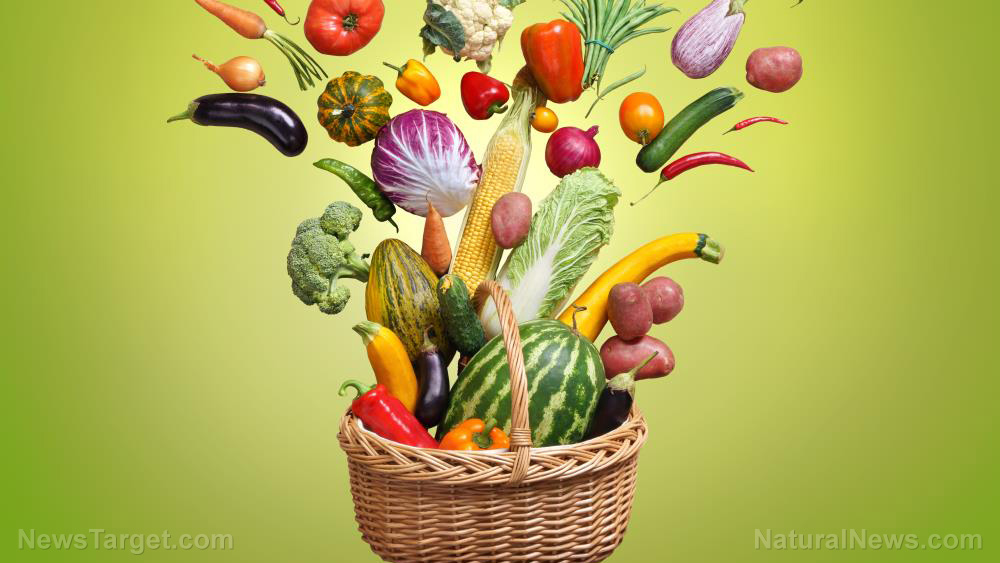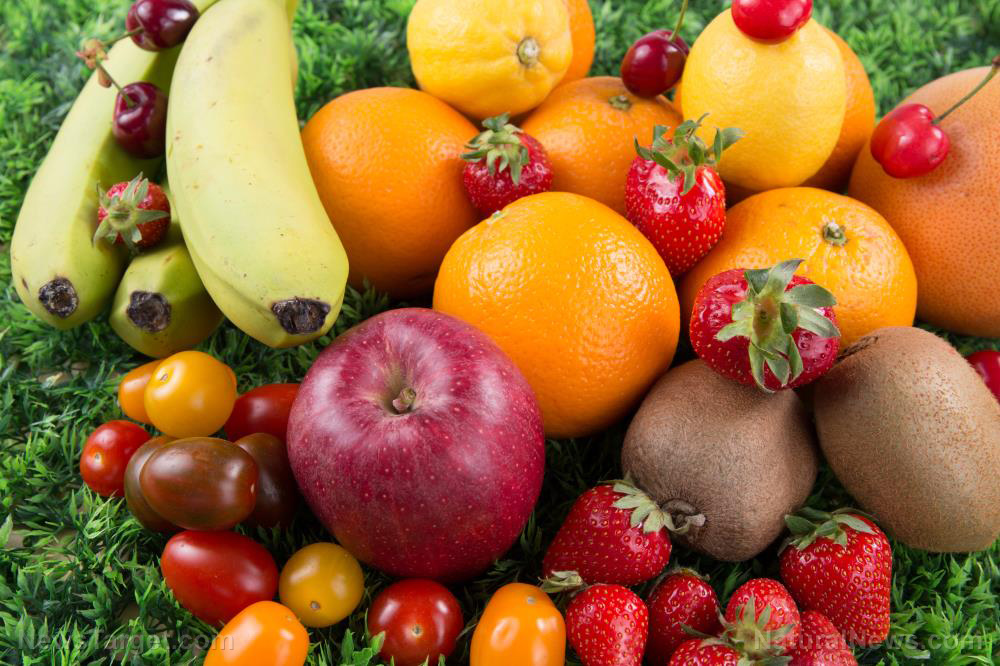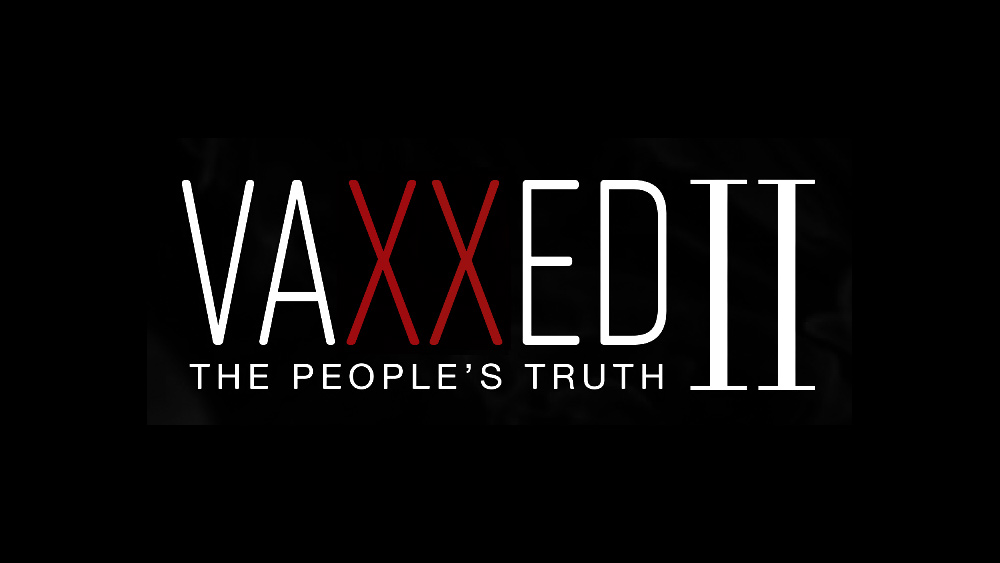What are the best food sources of vitamin K?
02/03/2019 / By Zoey Sky

Following a healthy diet offers many benefits, such as improved overall physical and mental well-being. But did you know that eating foods rich in vitamin K can also boost your bone and heart health?
Why is vitamin K important?
The body needs vitamin K because it helps build and maintain healthy bones. This necessary vitamin is popular because it also has a role in blood clotting (coagulation). It allows the body to make the proteins necessary for the blood clotting process. Clotting is important because it can prevent the body from bleeding too much when you get hurt.
Green leafy vegetables contain the highest amounts of vitamin K, but other natural food sources of this nutrient include blueberries, edamame, and soybeans. The average adult woman needs 90 micrograms (mcg) of vitamin K per day while adult men need 120 mcg.
Do take note that if you use blood thinners like warfarin (Coumadin), your vitamin K intake could affect the dosage of your medication. Always consult your healthcare provider before you increase your intake of vitamin K-rich foods, and talk to a dietitian to determine the proper daily value of the vitamin for your condition.
The vegetables listed below are some of the best sources of vitamin K:
- Asparagus (72 mcg per 1/2 cup, cooked) – Eating four spears of asparagus gives you at least 40 mcg of vitamin K. Prepare asparagus by adding a bit of olive oil for a quick stir-fry.
- Broccoli (85 mcg per 1/2 cup, cooked) – You can prepare broccoli in various ways. When cooking this cruciferous vegetable, add a dash of olive oil to enhance its flavor. Olive oil can also boost the vitamin K content of broccoli since one tablespoon of this oil has about 10 mcg of vitamin K.
- Collard greens (530 mcg per 1/2 cup, boiled) – As previously mentioned, vitamin K is essential for blood clotting and bone growth. Several studies suggest that low vitamin K levels is associated with the development of osteoporosis, a condition that makes the bones weaker and more likely to fracture. Eat collard greens to keep your bones healthy and strong. (Related: Vitamin K may be the key to osteoporosis prevention.)
- Kale (565 mcg per 1/2 cup, cooked) – Kale is one of the best sources of vitamin K. This superfood is also full of calcium, folate, potassium, and other vitamins and minerals.
- Lettuce (60 mcg per serving [1/2 head of iceberg lettuce or 1 cup of romaine lettuce]) – This vegetable is probably the most common source of vitamin K in American diets. Lettuce can be found in grocery stores and salad bars all over the country. There are different varieties of lettuce, such as bibb, green leaf, iceberg, and romaine.
- Spinach (44 mcg per 1/2 cup, cooked) – Aside from vitamin K, spinach also has vitamins A, B, and E. This leafy green also contains iron, folate, and magnesium. Half a cup of cooked spinach has at least three times the vitamin K content of one cup of raw spinach.
- Turnip greens (425 mcg per 1/2 cup, cooked) – Turnip greens are often used in side dishes in the Southeastern U.S. Turnip greens are also rich in calcium that help strengthen bones. The bulbous part of the turnip is also full of nutrients. Mustard greens and beet greens also have high levels of vitamin K.
The power of the elements: Discover Colloidal Silver Mouthwash with quality, natural ingredients like Sangre de Drago sap, black walnut hulls, menthol crystals and more. Zero artificial sweeteners, colors or alcohol. Learn more at the Health Ranger Store and help support this news site.
Prevent the formation of blood clots and boost your bone health by consuming these vitamin K-rich vegetables regularly.
Sources include:
Tagged Under: bone health, Fresh, grocery, heart health, Leafy greens, natural cures, nutrients, organics, prevention, supplements, vegetables, Veggies, Vitamin K, vitamins



















